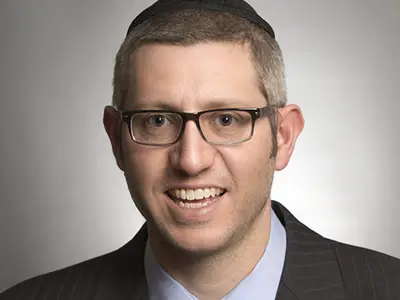
As the number of people living with dementia continues to increase, so do the number of programs available to help those affected and their families. It is estimated that the burden of ADRD will reach roughly 14 million Americans by 2060. RTI International scientists and industry experts are discussing ASPE’s 14 comprehensive components of dementia care to understand the basics of the service system, the unique approaches and diverse perspectives of those working in dementia care, and common research concerns and priorities. This model, developed by RTI Experts, includes components that address care at all stages of dementia in various care settings.
Limited Services for People with Dementia
Alzheimer’s disease and related dementias cause a variety of complex symptoms from everyday functional challenges to behavioral. Comprehensive dementia care can reduce the burden of unpaid caregivers and delay transitions from home to nursing homes for people living with Alzheimer’s disease and related dementias by making it easier for their care providers to coordinate care and encouraging those living with dementia to take part in their care planning. Despite the existence of evidence-based interventions that are effective for some outcomes and populations, the availability of these services for people with dementia and their family caregivers is limited.
Learn more about the latest research and evidence-based approaches around dementia to support those who have been diagnosed and their families, caregivers, and communities.










